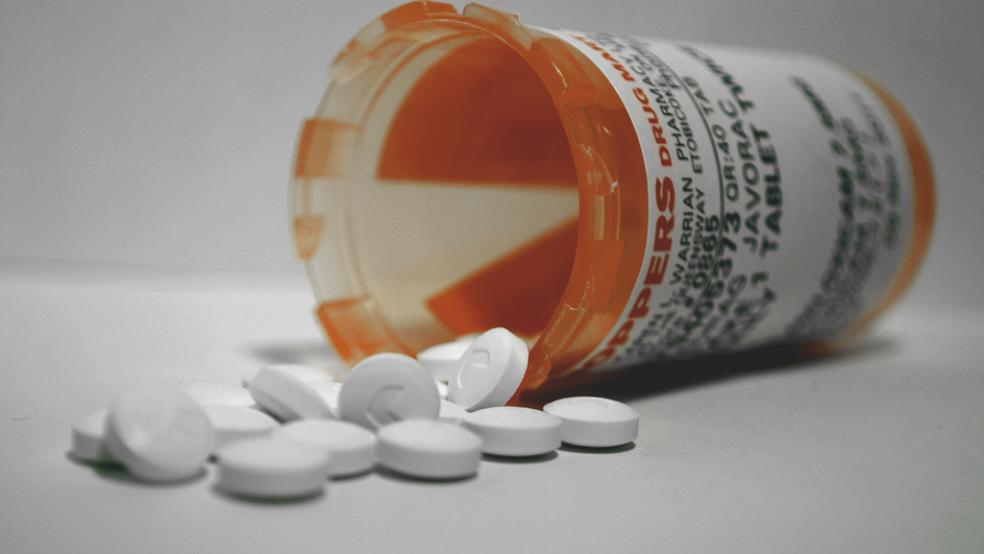Things are about to get very uncomfortable for Gilead Sciences, the California-based pharmaceuticals firm poised to rake in tens of billions of dollars over the coming decade on the sale of Sovaldi, a breakthrough drug to treat Hepatitis C.
On Friday, the company was informed that it is under investigation by the powerful Senate Finance Committee, whose members are very interested in finding out why Gilead decided to more than double the price of the wildly expensive medication before it comes to market.
Related: Sneaky Ways Food Companies Pass on Price Increases
“Given the impact Sovaldi’s cost will have on Medicare, Medicaid and other federal spending, we need a better understanding of how your company arrived at the price for this drug,” wrote Finance Committee Chairman Ron Wyden (D-OR) and Republican committee member Charles Grassley of Iowa in a letter to Gilead CEO John Martin.
The Senators’ curiosity was sparked by the revelation of a striking change in the plan to market Sovaldi after Gilead acquired its creator, New Jersey based research firm Pharmasset, in 2012.
In late 2011, Pharmasset filed documents with the Securities and Exchange Commission that contained a section discussing the billions of dollars per year the company expected to take in after Sovaldi hit the market at a price point of $36,000 per course of treatment. It was an expensive bit of medicine, but Sovaldi is also the only effective treatment for the various types Hepatitis C, and the company had invested many years and many millions of dollars in research and development.
However, when Pharmasset’s new owner, Gilead, announced pricing for Sovaldi earlier this year, the estimated cost for a course of treatment was no longer the stunning $36,000, but an absolutely eye-popping $84,000.
Related: Get Ready for a Surge in Costly Specialty Drugs
Noting, with considerable understatement, that “the price appears to be higher than expected,” Wyden and Grassley pointed out that the federal government would likely be far and away the biggest purchaser of Sovaldi, and has a financial interest in understanding the costs of the drug. Particularly given the fact that it will be sold in other countries around the world at a 99 percent discount to what U.S. consumers are charged, they noted, there appear to be “serious questions about the extent to which the market for this drug is operating efficiently and rationally.”
“Sovaldi’s cost could dramatically increase federal spending in Medicare and other programs, including health care for prisoners with HCV,” Wyden and Grassley wrote. “According to a recent survey, over 1.8 million people with HCV are currently incarcerated. This represents nearly a third of the total cases of HCV in the U.S.”
Despite its courteous tone the letter to Gilead reads more like a prosecuting attorney’s request for evidence than a polite inquiry about pharmaceutical price points. The eight-page document issues requests for 21 different categories of information, most of which are broken into various subcategories, and demands a rolling response beginning in 14 days, with a complete response expected in 60 days.
And while Finance Committee representatives declined to say whether the committee views this as a major investigation, spokesman Ken Willis said, “Our investigation team has been working on it. The idea is to get the Senators all the information they need to understand the pricing.”
Related: Why You’ll Spend More on Healthcare Next Year
Gilead did not respond to a request for comment on the investigation.
Representatives of the health insurance industry – which would find itself on the hook for privately insured Hepatitis C patients, welcomed the Senators’ action.
On Friday, Brendan Buck, vice president of Communications for America’s Health Insurance Plans said that he hopes this is just the beginning of an effort to shed light on how drug prices are set.
“What you saw today is a very important start to a look at transparency in this arena,” Buck said. “Health plans, especially after the Affordable Care Act took effect, operate very transparently. There is very little transparency in drug pricing.”
Top Reads from The Fiscal Times





